In the unique case of Thierry Bolloré, the new and until now somewhat reclusive French-born CEO of Jaguar Land Rover, a picture is most definitely not worth a thousand words. Or even a hundred.
The grim and rather gaunt-looking corporate mugshot of Bolloré that publishers began using when his appointment was announced in September last year – for want of a decent photo session – appeared to show an austere, crop-headed business zealot, a my-way-or-the-highway sort of bloke with the beadiest stare going. But as editor Mark Tisshaw and I found out in a wide-ranging interview at JLR’s Gaydon HQ a few days ago, this description could hardly be further from the truth.
Of course, Bolloré is a serious and determined man. How could you not be, when one of your first decisions is to kill a new Jaguar project (the XJ) that cost years and billions, and embodied the best work of many good people – replacing it with a Jaguar EV revival plan so radical that it almost defies assessment? And when a few years before that, as the successor to the Renault Group’s all-powerful Carlos Ghosn, you were unceremoniously dumped amid political turmoil that followed your predecessor’s extraordinary arrest?
Yet I don’t believe I’ve met a CEO in recent times with such a frequent and friendly smile, who remains so patiently willing to explain in ever greater detail plans he has already explained many times before, or who signals so readily that, from here on, progress at JLR will depend mostly on the fighting spirit of a workforce he already regards as exceptional.
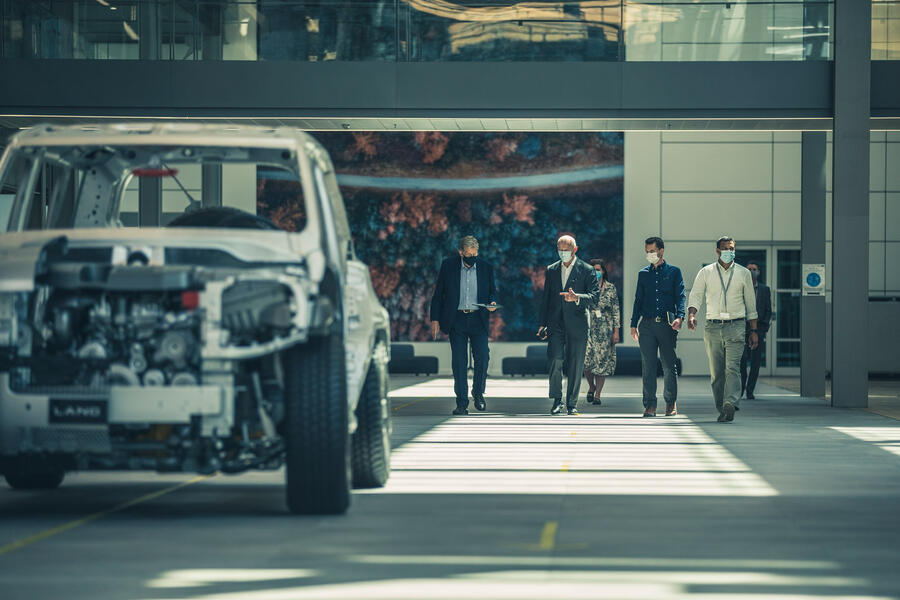
Bolloré’s appointment came out of the blue. Even the Financial Times, which prides itself on anticipating important corporate moves, failed to list the then Parisian-based ex-Renault chief in a German-centric list of possible successors for outgoing Ralf Speth, whose 10-year management span quadrupled the size of JLR, greatly expanded its global footprint and – despite some big bumps in the road – earned billions on the way.
The lingering problem under Speth was Jaguar’s meagre sales and negative earning power: Land Rover was a runaway success but, despite the appeal of its name and heritage, Jaguar never was, even though Speth set about building a BMW-like model structure to sell a car range that was generally admired. That approach has summarily failed, which is why much of Bolloré’s revival plan, dubbed Reimagine, concentrates on reviving Jaguar via early and wholesale electrification of a smaller range of models, radical in design and much more expensive.
Bolloré himself was very surprised to be contacted by JLR’s headhunter early last year (“I was about to fly to New York for a very different kind of job”) but, according to the FT, he was by far the most experienced candidate to be considered, having already spent 30 years managing major international automotive suppliers and also – albeit for a short time – been CEO of a global car company at least five times the size of JLR.


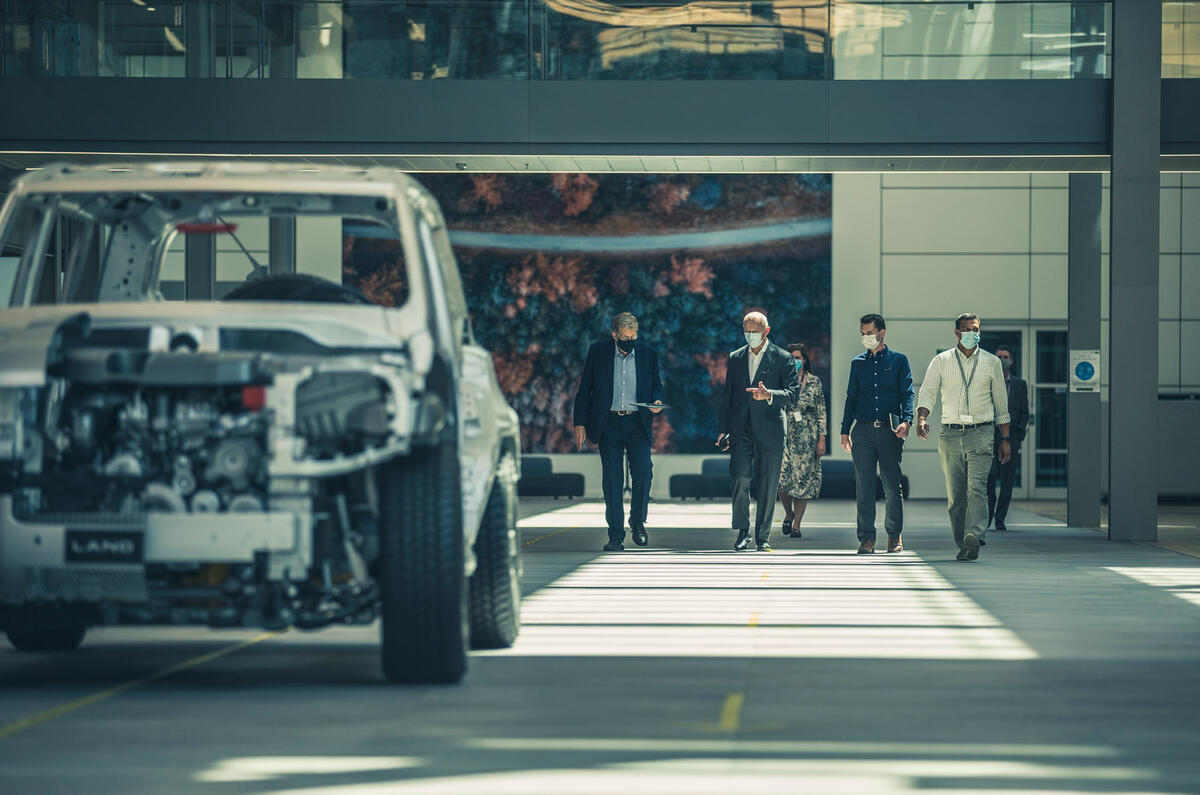
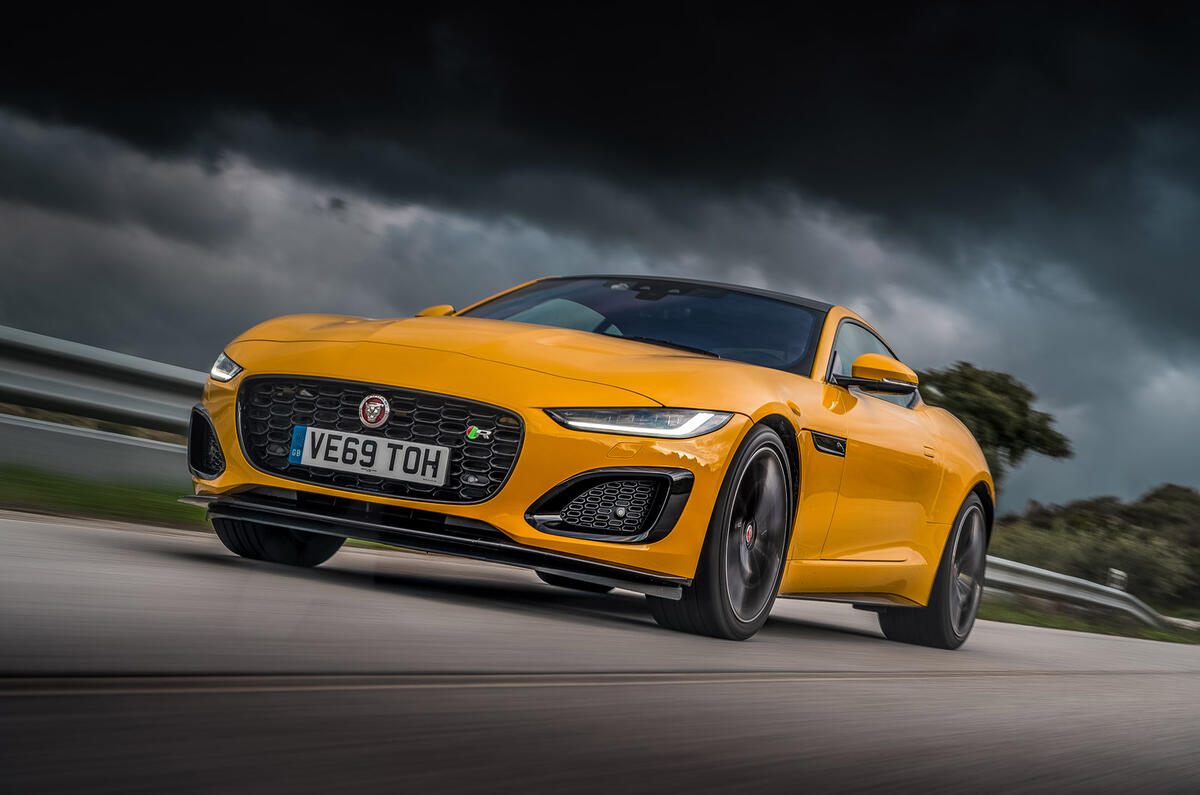

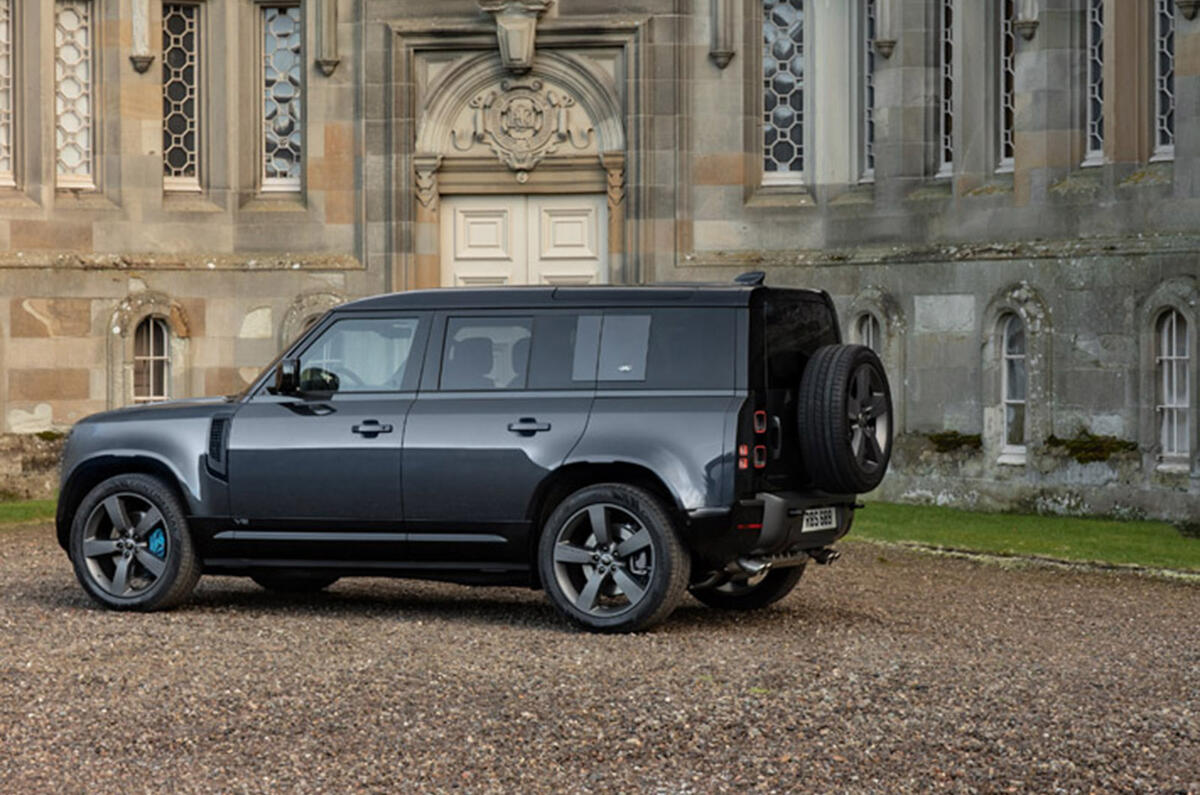

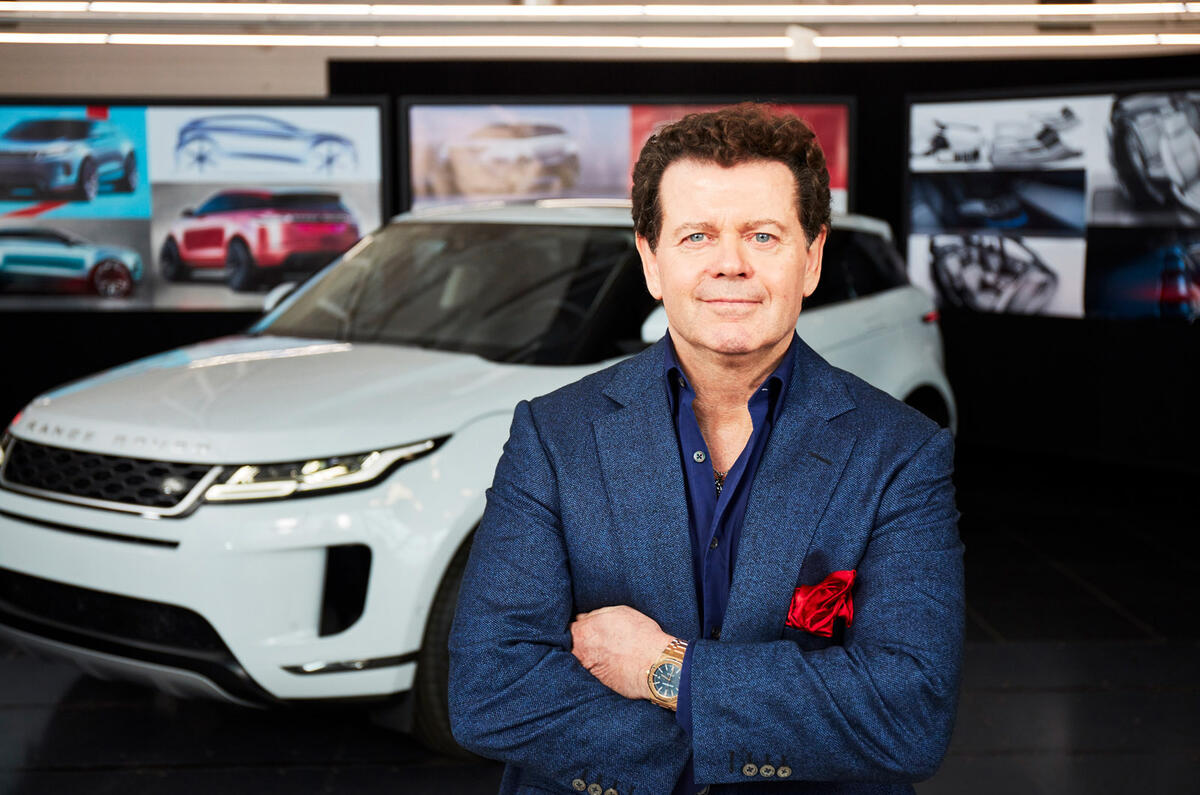

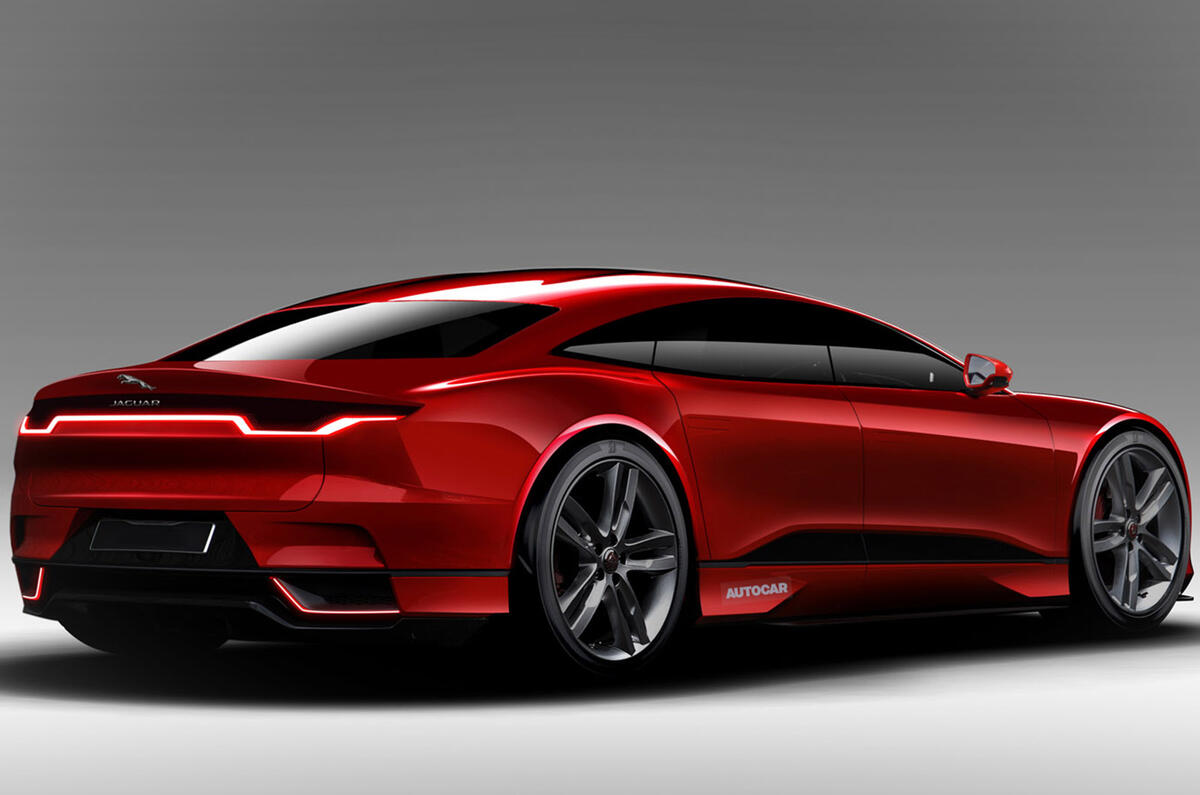
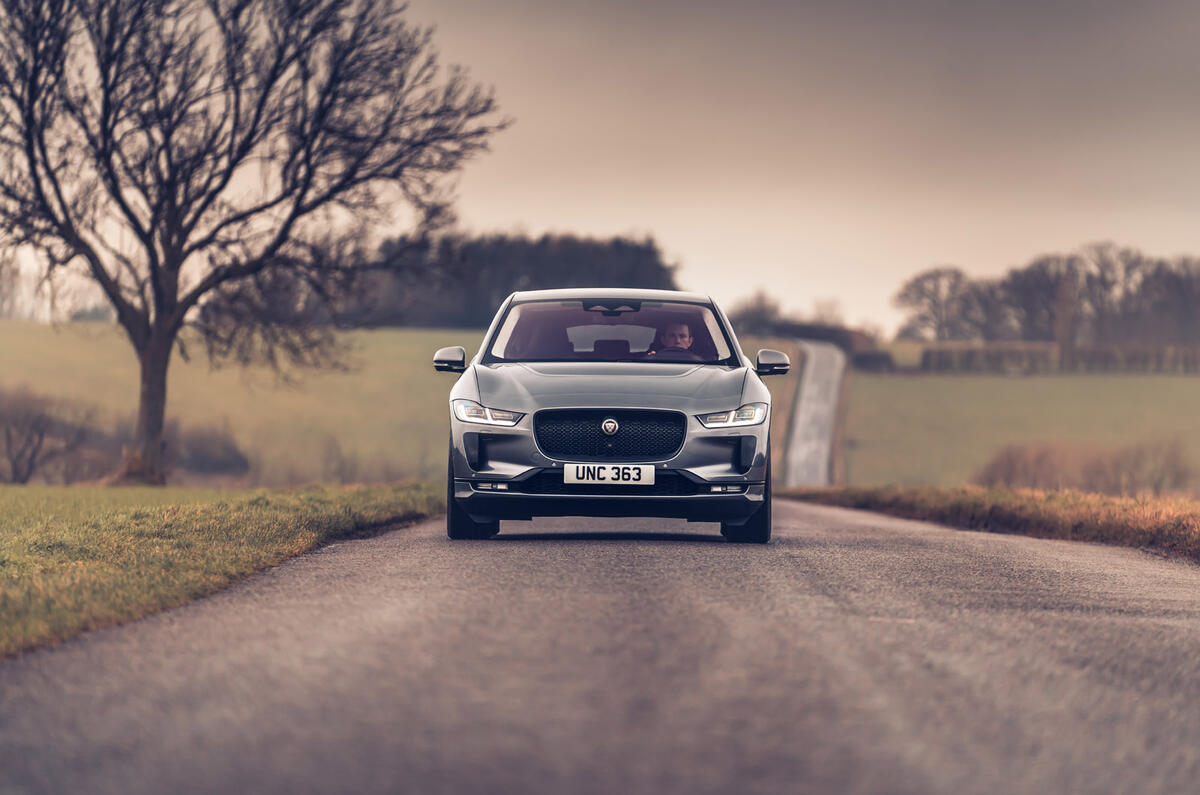
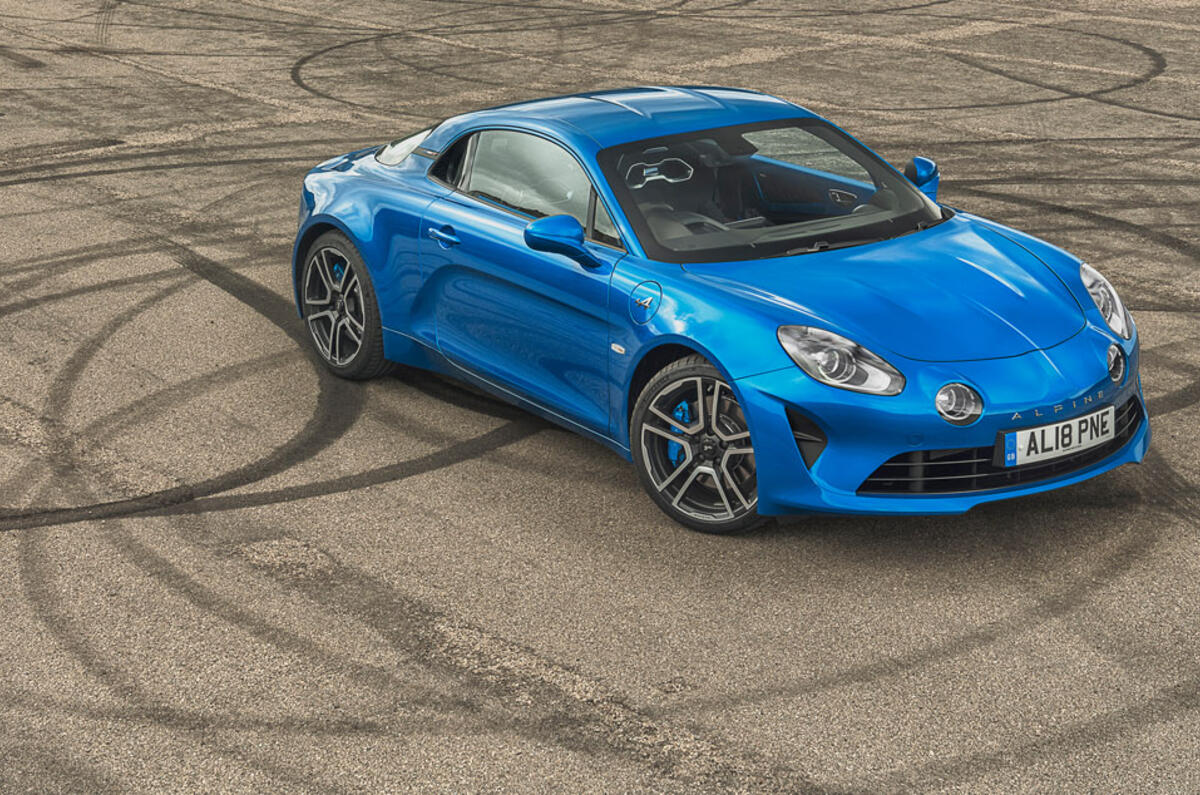
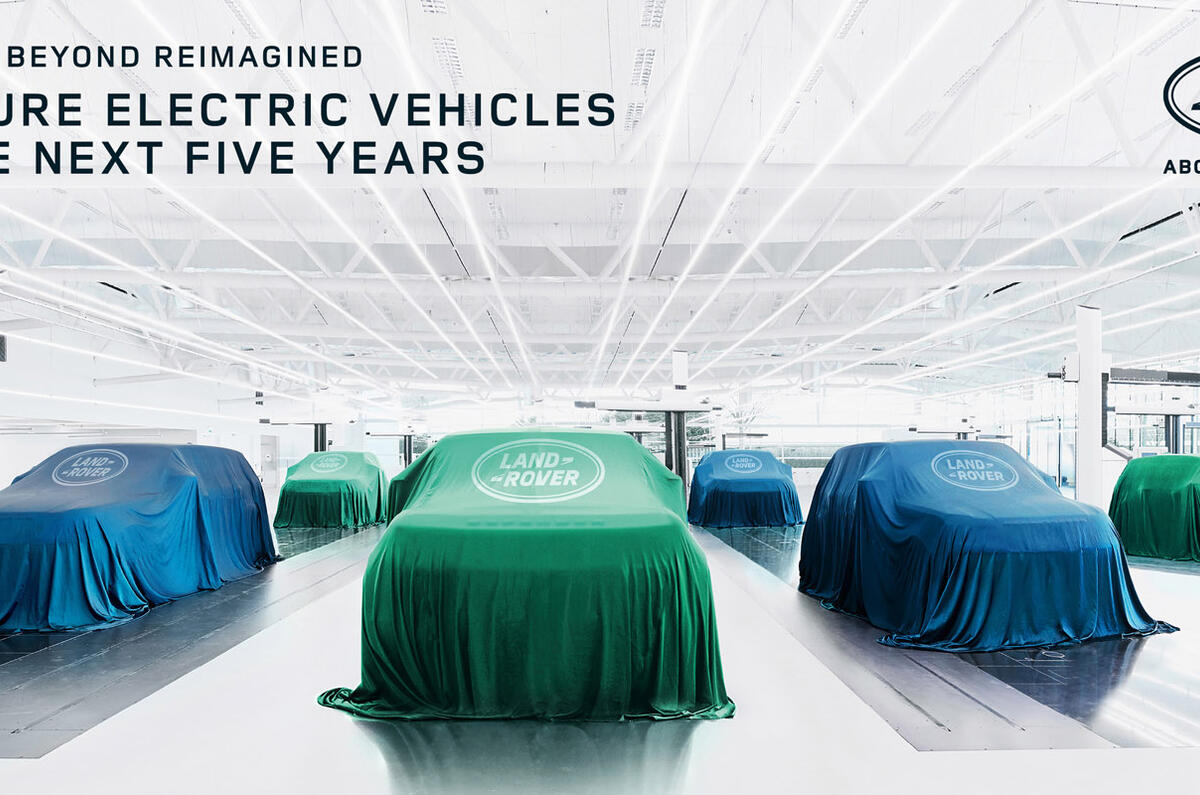


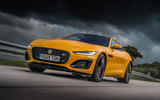





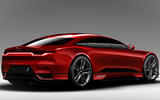


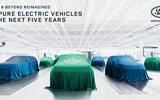

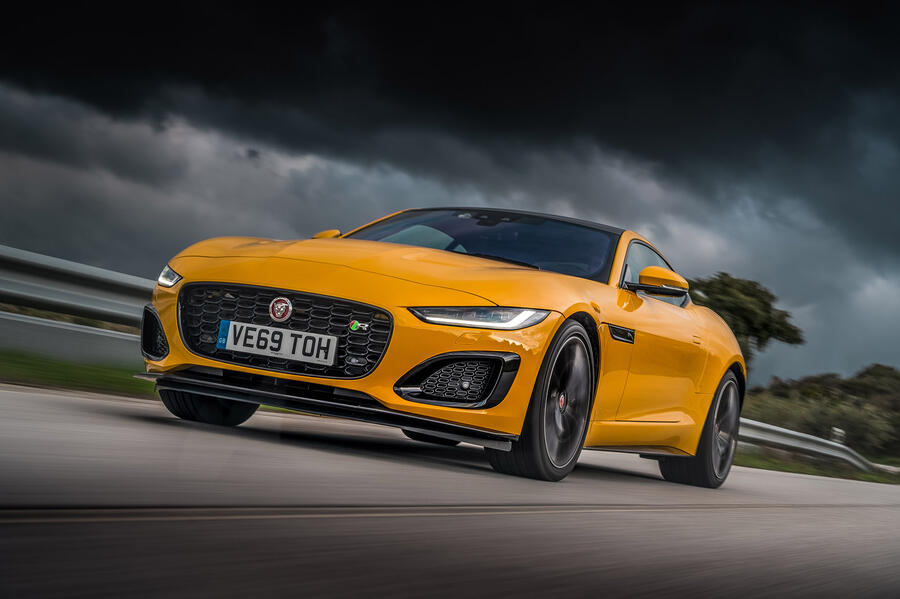


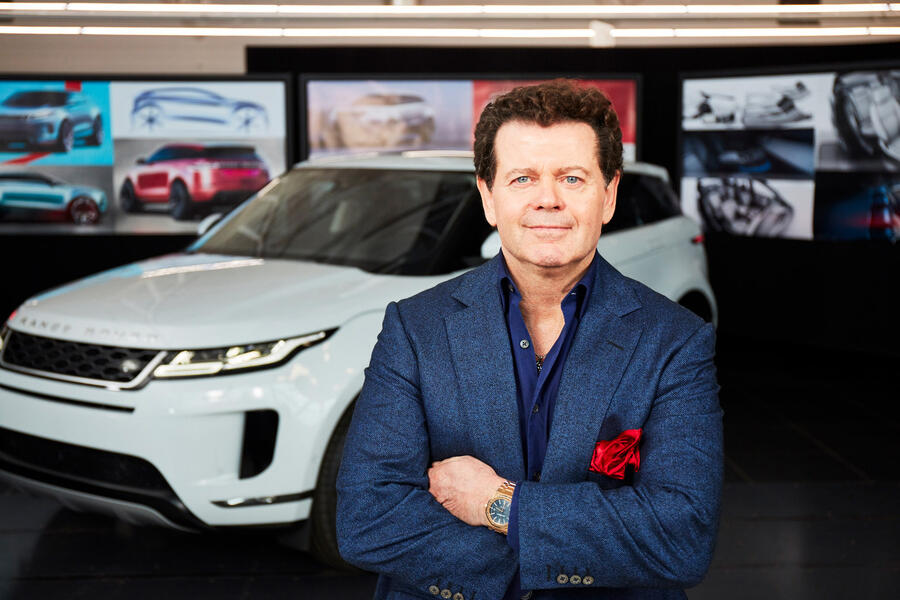





Join the debate
Add your comment
Bollore and McGovern have the vision and experience, and Tata has the resources, and ambition, to make profound changes happen at JLR. The question remains unanswered whether they have the leadership and ability to make it happen. The global presence of Audi, BMW, Mercedes, and remarkably Tesla, leaves open the opportunity for less ubiquitous and more distinctive designs. As the owner of an I-Pace, I have full faith that JLR can deliver greatly engineered and compelling new EVs.
Thierry Bolloré has no intention of actually doing any of this, otherwise customers wouldn't be forced to sue JLR for faulty electronics in their vehicles. He's going on a press tour to try to explain away JLR's terrible sales. Spoiler alert: when you make cars that are built to last 20k miles, you're going to lose a lot of brand loyalty.
JLR is the worst manufacturer on earth, and they allow their franchisees to abuse their own customers. Why should a customer be forced to hire a lawyer in order to get a response from their corporate office, Thierry? Fuck you.